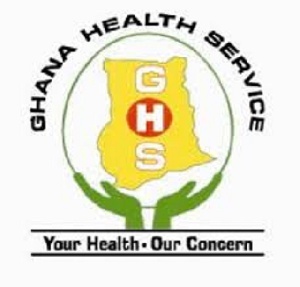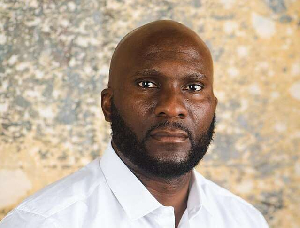The Ghana Health Service (GHS), has taken delivery of seven units standard Toyota Hilux Double Cabin Pick-ups, to enhance implementation of the Community-based Health and Planning Services (CHPS+) project in the Northern and Volta Regions respectively.
Dr Anthony Nsiah-Asare, GHS Director-General at a brief handing over ceremony in Accra on Friday, thanked the Doris Duke Charitable Foundation, who had appointed the Colombia University as the Trustee to its funding grant for the Project.
He then handed over the keys to the vehicles, to the respective Regional Directors of Health Services, for their onward distribution to the respective four project System Learning districts involving Gushegu and Kumbungu in the Northern Region; and Central Tongu and Nkwanta South in the Volta Region.
He said the vehicles were intended to support the routine activities of the project districts, which included training and systems transfer activities under the CHPS + Project, and also for monitoring and supervising all other activities in the regions.
Dr Nsaih-Asare, cautioned the beneficiaries against using the vehicles for their personal gains; but to use them for the purposes of ensuring the effective service delivery under Project.
He tasked them to ensure that the vehicles were insured; and constantly maintained.
He explained that the initiative for the CHPS + Project, involved partners including the Mailman School of Public Health at the Colombia University, the Regional Institute of Population Studies at the University of Ghana, the University of Health and Allied Sciences, the University of Development Studies and its affiliate, the Tamale Teaching Hospital.
The CHPS + Project he said, draws upon lessons from the Ghana Essential Health Intervention Project (GEHIP) which was implemented in the Upper East Region in 2010.
He said the aim was to test the transfer of GEHIP strategies to the Northern and Volta Regions, assess the milestone and processes of effective CHPS scale-up in doing so, and determine the child survival impact of scale-up of the earlier project on the survival of under-five children.
Dr Nsaih-Asare said with the Ministry of Health’s overall objective of ensuring a “Healthy Population for Wealth Creation”, scaling up the CHPS implementation was one of the key policy concerns of government, to attain the goal of reaching every community with basic packages of essential health services.
“This clearly reflected in the health sector objective, which aims to bridge the equity gaps in geographical access to health services”, he said.
The GHS Director-General further stated that the Sustainable Development Goal (SDG) Three, tasks all United Nation-member countries to “ensure healthy lives and promote wellbeing for all at all ages”, and further called specifically for decreasing maternal, child as well as other premature deaths, whilst achieving Universal Health Coverage without incurring serious financial risks to the family.
Dr Timothy Letsa, the Volta Regional Director of Health Services, said it was gratifying that the support was coming at a time when the CHPS + Project had been scaled up, and they needed such a facility to facilitate effective implementation to ensure the attainment of Universal Health Coverage. GNA
General News of Saturday, 10 February 2018
Source: ghananewsagency.org













